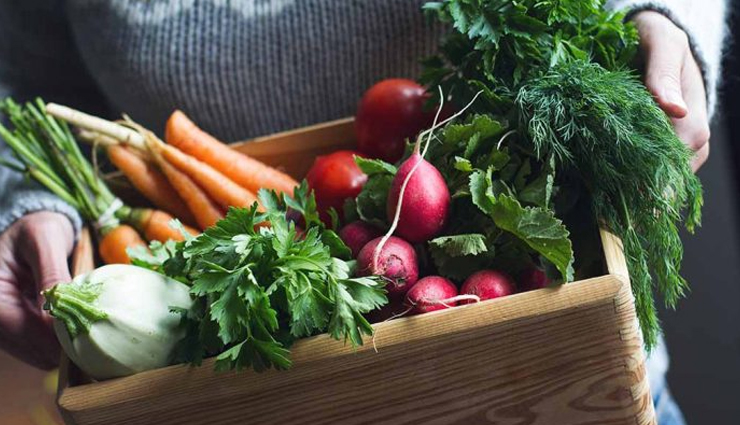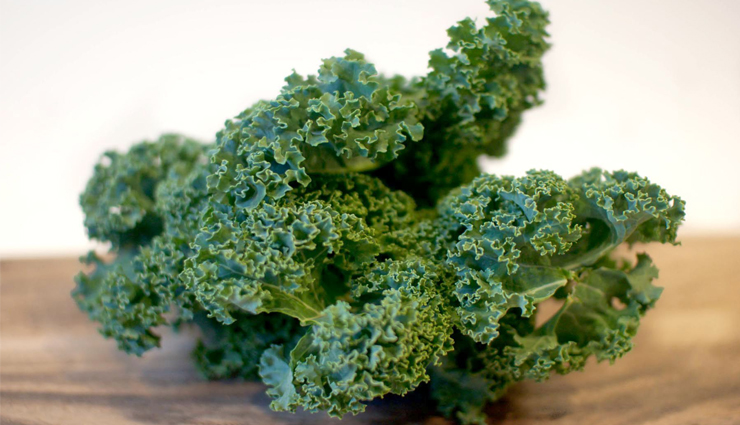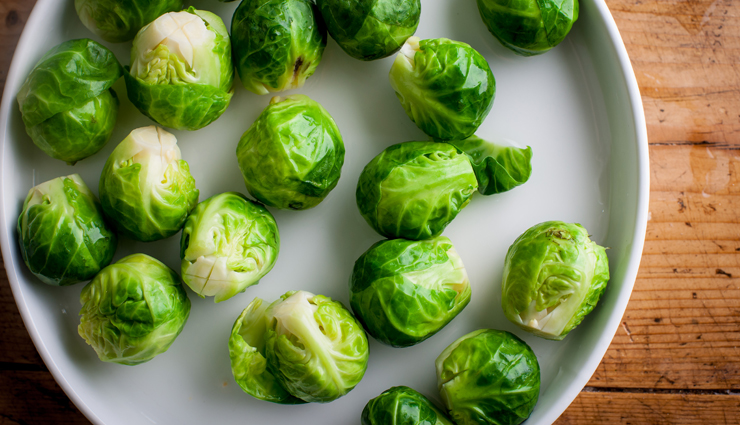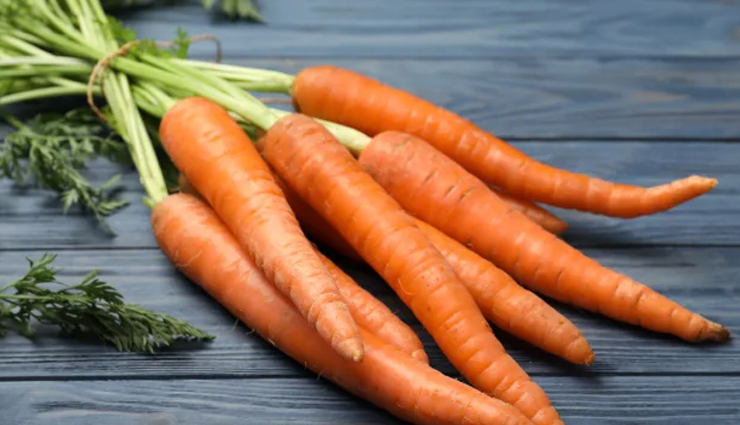- Home›
- Healthy Living›
- 5 Most Healthy Winter Vegetables You Must Eat
5 Most Healthy Winter Vegetables You Must Eat
By: Kratika Mon, 31 Jan 2022 11:56:36

In these chilly winter months, it’s important to get in all your vitamins in order to stay strong and healthy. It is well known that our immune system is in a weaker state in the winter months due to temperate changes, which are typically lower, and the increased risk of colds and flu.
To help boost your immune system this winter, make sure you’re getting a good number of veggies in your diet. Here are our top winter vegetables – and why you should integrate them into your diet this season.

# Kale
Kale is a great source of fibre, vitamin C and K, iron and a wide range of antioxidants. It is known to help with various health problems and remove unwanted toxins from the body. Just 67g of Kale is your daily intake of vitamins A, C and K.
Kale is a healthy leafy vegetable that is rich in vitamin B, calcium, copper, potassium, and magnesium. Not many other veggies contain these vitamins and minerals, which is why kale can be beneficial in your winter diet.
As a nutrient-rich vegetable, kale can be a great addition to your wintertime diet as it will give you a healthy boost and help with productivity. You can creatively incorporate kale into your diet with a variety of fun and healthy meal ideas.

# Brussel Sprouts
Brussel sprouts are particularly high in vitamin K, which is necessary for avoiding blood clotting and aiding bone health. Brussel Sprouts are also high in vitamin C, which supports iron absorption and is involved with tissue repair and immune function. Our immune systems are always weaker in the winter due to the lack of vitamin D. It is during the wintertime when there are colder temperatures and infectious colds and flus tend to spread, so any veggies that can support your immune system are essential in the colder months.

# Parsnips
Parsnips are a great root vegetable can unlock many health benefits when they’re introduced into your diet. Like carrots, they grow sweeter in the colder months, making them perfect to eat during the winter. Just 156g of cooked parsnips will contain 6g of fibre and 34% of your daily recommended intake of vitamin C. Parsnips also contain vitamin B, E, potassium, magnesium and manganese.
The high amount of fibre in parsnips also makes them ideal for digestive health. They are especially high in a particular fibre called soluble fibre, which forms a gel-like substance in the digestive system. This can help slow the absorption of sugars into the bloodstream, which is especially helpful for those who suffer with diabetes.

# Carrots
Another popular root vegetable, which happens to sweeten in the winter months, are carrots, and they are the perfect ingredient to introduce into winter meals. They’re packed full of beta-carotene, which can be converted to vitamin A in the body, and this vitamin is an essential for eye health (this is where the old myth originates that claims carrots help people see in the dark). Carrots are also important for immune function and development, which is essential in the winter months, when there’s a higher risk of falling ill .

# Red Cabbage
Red cabbage also thrives in colder temperatures and is, typically, in season during the colder months of the year. While green and red cabbages are both extremely healthy for you, red cabbage is unique as it has a great nutritional profile for immune health. Just 89g of red cabbage contains 85% of the daily recommended intake of vitamin C and high amounts of vitamins A and K. Red cabbage is also a strong source of B vitamins, manganese and potassium too.
However, red cabbage is most beneficial for its antioxidant content. The bright colour of this vegetable comes from pigments called anthocyanins. Anthocyanins belong to a particular family of antioxidants, which have been linked to several health benefits, including reducing the risk of various heart diseases. Red cabbage is a winter essential for gaining the additional nutrients.





-1714358904-lb.jpg)